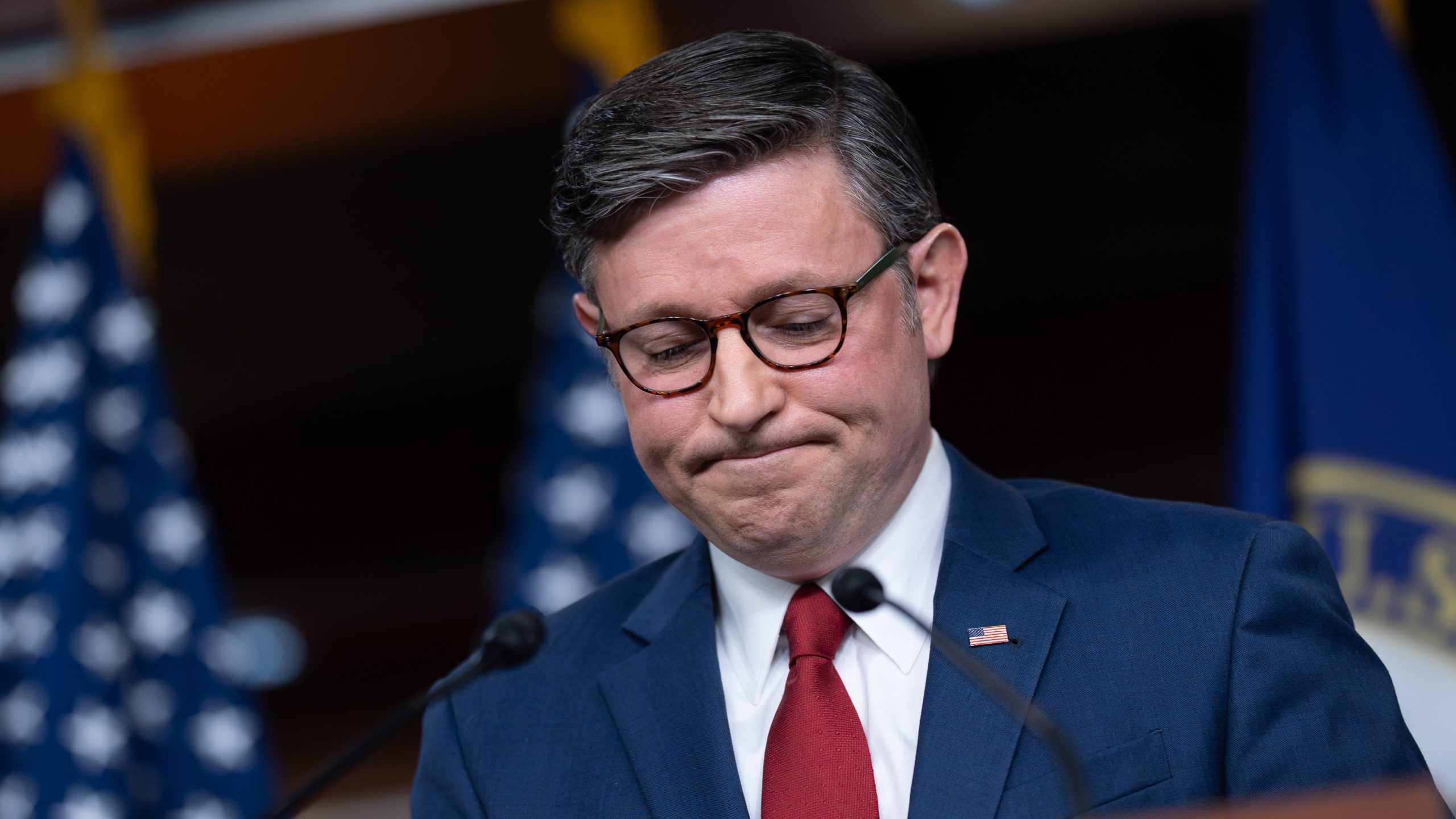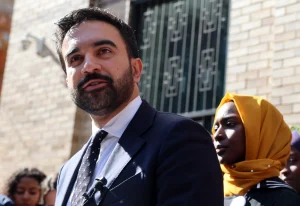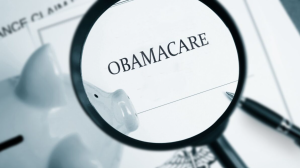WASHINGTON — As Congress edges closer to another critical fiscal deadline, a new dispute has emerged on Capitol Hill — this time centered on how to handle healthcare costs that continue to burden American families. While both parties claim to share the same goal of lowering expenses, the divide over how to achieve it has once again exposed the deep policy rifts shaping the post-pandemic economy.
In recent weeks, congressional leaders have scrambled to finalize an agreement that would extend government funding beyond the current stopgap measure. Passed by the House in September, that temporary bill averted a shutdown but set up yet another round of negotiations. Lawmakers must now decide not only how to keep the government open but also how to manage a key set of pandemic-era healthcare subsidies set to expire at year’s end.
The subsidies, originally introduced as part of the Affordable Care Act (ACA) relief measures, were designed to help Americans maintain health coverage during the economic fallout of COVID-19. Yet as the expiration date approaches, lawmakers remain sharply divided over whether the subsidies should continue — and under what conditions.
Behind-the-Scenes Negotiations
Sources close to the negotiations say that what began as a straightforward funding discussion quickly evolved into a deeper ideological battle over healthcare reform. While the Senate moved forward on a bipartisan framework to extend government funding into early next year, the House has been slower to signal support.
Speaker Mike Johnson, R-La., told Newsmax on Monday that his caucus is preparing new proposals aimed at addressing healthcare costs “from the ground up.” Johnson, who has been Speaker for less than a year, framed the issue as both an economic and moral priority.
“We have to look at what’s driving the costs,” Johnson said. “It’s not sustainable to keep throwing taxpayer money into a system that’s broken.”
He argued that government subsidies, while well-intentioned, have contributed to rising premiums by artificially stabilizing prices rather than addressing systemic inefficiencies. “When the government subsidizes something,” he noted, “it often means it’s not working.”
Healthcare Provisions Removed
During the earlier stages of negotiations, House Republicans introduced a sweeping legislative package known as the One Big Beautiful Bill Act (OBBB). The bill included a series of healthcare reforms that, according to GOP estimates, could have reduced premiums by as much as 12.7 percent.
However, those provisions were later removed during talks with Senate Democrats, a move Johnson described as a “poison pill” that stripped the legislation of its most meaningful cost-saving elements. “The Democrats fought to take it out of the bill,” he said. “If they truly cared about reducing healthcare costs, they wouldn’t have opposed those reforms.”
Democratic leaders, for their part, have pushed back on that characterization. A Senate Democratic aide, speaking on background, said the provisions in question would have undermined the ACA’s subsidy structure and destabilized coverage for millions. “It’s easy to talk about lowering costs,” the aide said, “but not when it means millions could lose access to affordable care.”
An Urgent Deadline Approaches
With the current funding resolution set to expire on November 21, lawmakers face mounting pressure to reach consensus before the government again risks a partial shutdown. The Senate has advanced a bipartisan measure to extend funding through January 30, though final passage remains pending.
Johnson has so far declined to say whether the House will consider the Senate’s version. Instead, he emphasized that House Republicans are developing their own roadmap for healthcare reform — one that he says will prioritize long-term solutions over temporary fixes.
“We’ve got November and December to work on that,” Johnson told host Greta Van Susteren. “We’re going to put ideas on the table that will drive costs down, not just cover them up with subsidies.”
A Broader Economic Context
The debate over healthcare costs comes at a time when inflation and the overall cost of living remain central political issues heading into 2026. For many Americans, healthcare premiums continue to rise faster than wages, creating a persistent source of economic anxiety.
Republicans argue that the ACA’s subsidy framework rewards insurance companies while doing little to control underlying costs. Democrats counter that removing subsidies would drive millions off their plans, worsening both public health outcomes and long-term financial strain on hospitals.
The standoff mirrors a broader philosophical split: Republicans want to reduce government involvement in healthcare, while Democrats believe federal support remains essential to maintaining access and affordability.
Political Stakes and Public Pressure
For Speaker Johnson, the healthcare fight marks one of his first major tests as leader of the House. His handling of the funding debate could shape both his political standing and his party’s credibility on economic issues.
Johnson’s critics, including some within his own party, have warned against tying healthcare reforms to the funding bill, arguing that it risks unnecessary brinkmanship. Yet supporters insist the approach is necessary to force a national conversation on healthcare costs that has long been postponed.
“The Speaker is trying to do what’s right,” said Rep. Elise Stefanik, R-N.Y., a member of House GOP leadership. “This isn’t about scoring political points. It’s about fixing a system that punishes working families.”
Democrats, meanwhile, accuse Republicans of using the subsidy expiration as leverage to push through long-sought reforms. Senate Majority Leader Chuck Schumer said Monday that the focus should remain on preventing a shutdown, not revisiting settled healthcare law. “We can debate reforms later,” Schumer said, “but right now, Americans expect their government to stay open.”
What Happens Next
Negotiators are expected to continue discussions throughout the week, with a potential House vote as early as Wednesday. Johnson has urged GOP members to return to Washington ahead of that vote, signaling that the leadership intends to keep the issue at the forefront.
Although both parties say they want to avoid a shutdown, insiders acknowledge that healthcare may prove to be the sticking point that determines whether an agreement can be reached. If the subsidies expire on December 31 without a replacement plan, millions could see premium hikes starting in January.
Still, Johnson insists that reform is worth the short-term uncertainty. “We need to get to the root of the problem,” he said. “You can’t fix healthcare by just writing bigger checks. You fix it by making the system work better for the people it’s supposed to serve.”
Looking Ahead
The coming weeks could determine whether Congress can bridge one of the most consequential divides in domestic policy. As lawmakers weigh short-term stability against long-term reform, the outcome may reveal whether Washington is capable of addressing healthcare costs without plunging into another round of partisan stalemate.
For now, both sides are holding their ground — and for millions of Americans watching from the sidelines, the stakes couldn’t be higher.

Emily Johnson is a critically acclaimed essayist and novelist known for her thought-provoking works centered on feminism, women’s rights, and modern relationships. Born and raised in Portland, Oregon, Emily grew up with a deep love of books, often spending her afternoons at her local library. She went on to study literature and gender studies at UCLA, where she became deeply involved in activism and began publishing essays in campus journals. Her debut essay collection, Voices Unbound, struck a chord with readers nationwide for its fearless exploration of gender dynamics, identity, and the challenges faced by women in contemporary society. Emily later transitioned into fiction, writing novels that balance compelling storytelling with social commentary. Her protagonists are often strong, multidimensional women navigating love, ambition, and the struggles of everyday life, making her a favorite among readers who crave authentic, relatable narratives. Critics praise her ability to merge personal intimacy with universal themes. Off the page, Emily is an advocate for women in publishing, leading workshops that encourage young female writers to embrace their voices. She lives in Seattle with her partner and two rescue cats, where she continues to write, teach, and inspire a new generation of storytellers.









